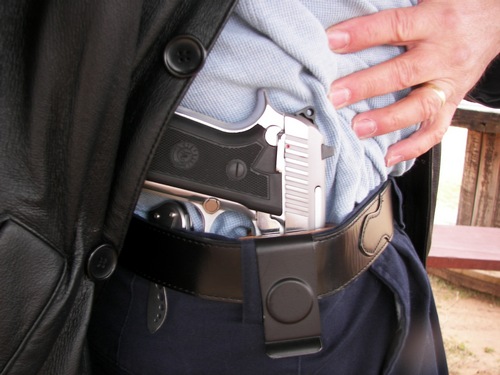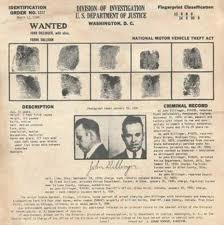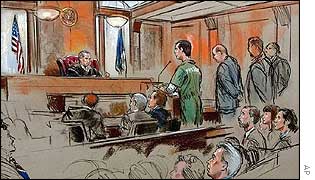
Oftentimes clients ask the following questions;
When the police searched me, was their search valid?
Were the police allowed to search me?
Did the police have the authority to search me?
Answer: It depends, this three part blog series will explore what types of searches are and are not valid.
The 4th Amendment of the U.S. Constitution states that no one should be subjected to an unreasonable search. Michigan’s standard for searches is not higher than that of the Federal Government.
The general rule is that a search without a valid warrant is unreasonable. Where there is no warrant it must be demonstrated that there was both probable cause and a valid exception.
Beneath are the recognized scenarios where law enforcement may conduct a warrantless search;
1) When incident to a lawful arrest,
2) Under the “plain view doctrine”,
3) Based on voluntary consent,
4) Pursuant to a custodial inventory search,
5) Pursuant to statute,
6) When presented with exigent circumstances,
7) Automobile searches,
8) And stop and frisk searches.
The Constitution affords the most protection to homes. Much less protection is extended to motorists and individuals. This post is devoted to what is required to search an individual without a warrant.
Terry Stops
Pursuant to the Terry v Ohio U.S. Supreme Court decision, a police officer has the authority to stop a suspect when he/she has reasonable suspicion that criminal activity is occurring. Basically, the officer must be able to describe the situation and explain his actions based upon his experience as a police officer. This pertains only to whether or not an officer can stop an individual who is walking down the street.
Whether or not the officer can search the individual is dependent upon the circumstances of the encounter. Although the person has been stopped based upon the officer’s reasonable suspicion, the officer is limited in how he/she can search the individual’s person. When the officer has reasonable suspicion that the person is armed and presently dangerous or is engaging in criminal conduct, they are entitled to search the individual. The frisk, as it’s known, is limited to a search for weapons by patting down only the outer clothing of the person. During this search if an item is immediately recognized as contraband it may be seized pursuant to the “plain feel” exception. However, an officer cannot, for example, manipulate an objected suspected to be contraband through the clothes or remove that object in order to determine that it is indeed contraband.
Both the search and the stop must be reasonable. This is determined through an objective test, which means that if the behavior meets a certain threshold, it’s reasonable. If not, the police behavior is unreasonable.
Courts have held the following –
1) It is not a violation of the Fourth Amendment for a cop to stop and question an individual on the street.
2) While a person’s mere presence in a high crime area may not be enough to warrant a frisk, running from such an area is.
3) An officer’s personal observation of criminal activity is not needed to form reasonable suspicion, it can be based on third party information.
4) Police officers cannot manipulate someone’s carry-on luggage in order to determine its contents, whereas a canine sniff (properly limited in scope) is not a “search” as defined by law.
5) Police may question persons on public transportation.
Continue reading ›
 Michigan Criminal Lawyer Blog
Michigan Criminal Lawyer Blog





 What is a plea bargain?
What is a plea bargain?
 In the
In the 

 This blog is part of a series of blogs which explores some frequently asked criminal law questions.
This blog is part of a series of blogs which explores some frequently asked criminal law questions.